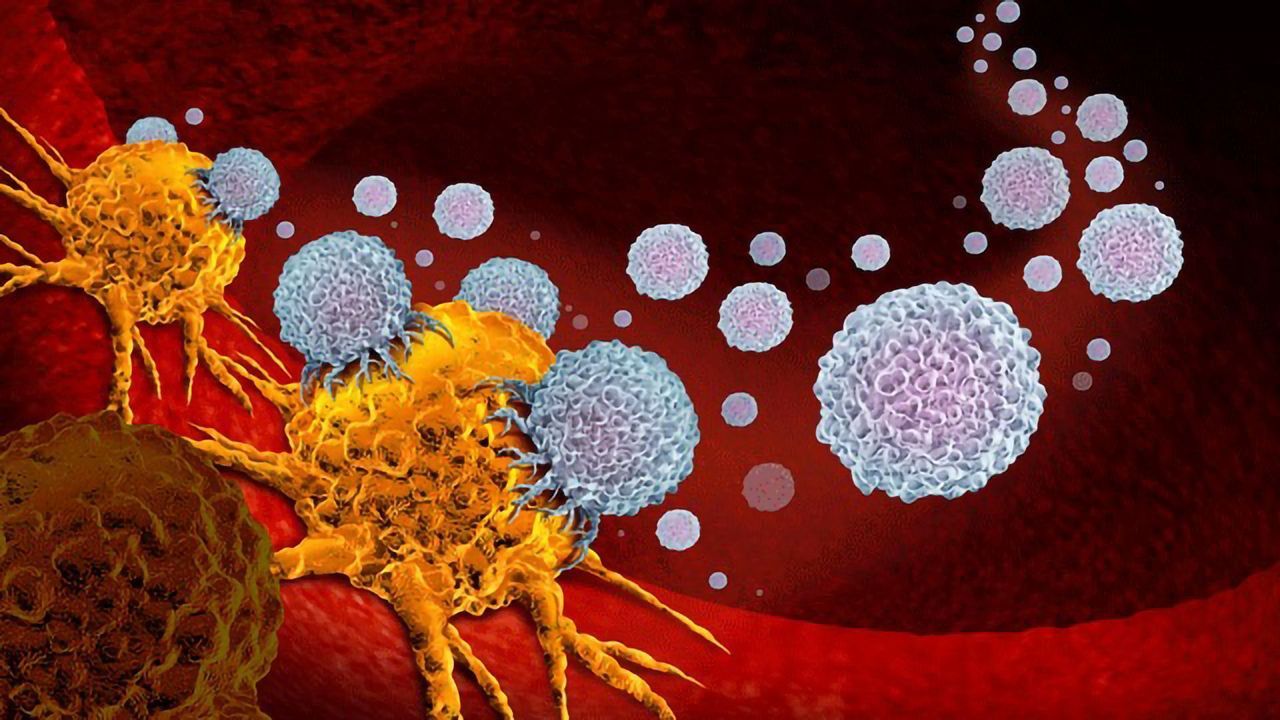Immunotherapy for cancer treatment in Delhi

Immunotherapy for cancer treatment in Delhi
- onco
- February 22, 2022
Immunotherapy, A cancer treatment that uses the immune system of a patient to fight cancer. Immunotherapy treatment can alter how the immune system functions to detect and destroy cancer cells and improve their functioning.
Types of Immunotherapy for cancer treatment
There are many types of immunotherapy for cancer. The most common is the non-specific immunotherapy, which boosts the immune system and allows the body to attack cancer cells. Other forms of immunotherapy involve laboratory-modified viruses that either kill cancer cells or alert the immune system to attack them.
One form of immunotherapy for cancer is monoclonal antibodies. This treatment uses an immune protein, called a monoclonal antibody, to attack the antigens on cancer cells. The effect is similar to that of chemotherapy, but patients are left with fewer side effects. The immune system is able to kill more cancer cells with targeted therapy, and cancer patients are more likely to have remissions after receiving this type of treatment.
The most recent type of treatment, called oncolytic virus therapy, involves injecting a virus into the body to fight cancer cells.
The first oncolytic virus, Talimogene laherparepvec, was approved by the FDA in 2006. This oncolytic virus attacks cancer cells while sparing normal cells. Another type of immunotherapy uses substances that help the immune system fight cancer. These include cytokines, interleukin, and interferons. Some people receive the treatment by injection, but most people experience a low response rate.
Side-effects of immunotherapy
While immunotherapy for cancer is relatively inexpensive, it does have some side effects. Because the immune system works against cancer cells, it may attack healthy tissues, which is not beneficial for the patient’s health. The severity of side effects depends on the type and stage of cancer, the type of cancer, and the immunotherapy dose. Your health and overall health before starting treatment will determine whether immunotherapy is right for you or not. It is recommended that you follow your doctor’s instructions and consult your healthcare provider if you are experiencing any of these side effects.
Although there are some side effects associated with immunotherapy, some people may respond well to it. While some people experience side effects, others do not. It is important to speak with your healthcare provider about the potential side effects and benefits of the treatment before making any decisions. The decision to try immunotherapy for cancer is an important part of your treatment, and your cancer specialist can discuss the specifics with you. It is also important to remember that it is not the best option for everyone.
Your cancer specialist will be able to discuss the risks and benefits of the treatment with you. It would help if you also were sure to report any side effects as soon as they occur. There are some tests before and after the treatment, but new side effects may develop months or even years after you begin.
As the immune system tries to attack the cancer cells, it may produce side effects. While these side effects are common, they are not life-threatening.
Oncoplus Hospital, being the top cancer hospital with best oncologists in Delhi can help you with a second opinion about immunotherapy





Leave a Reply